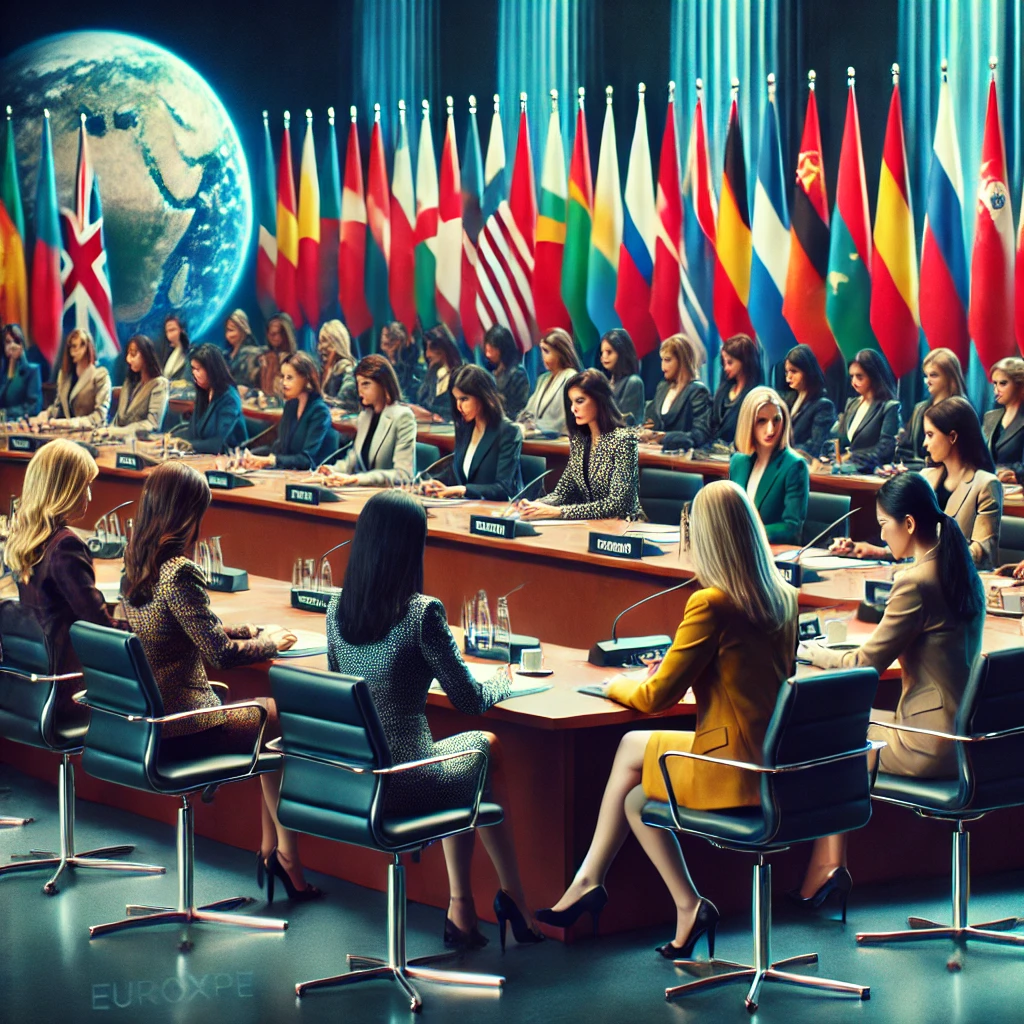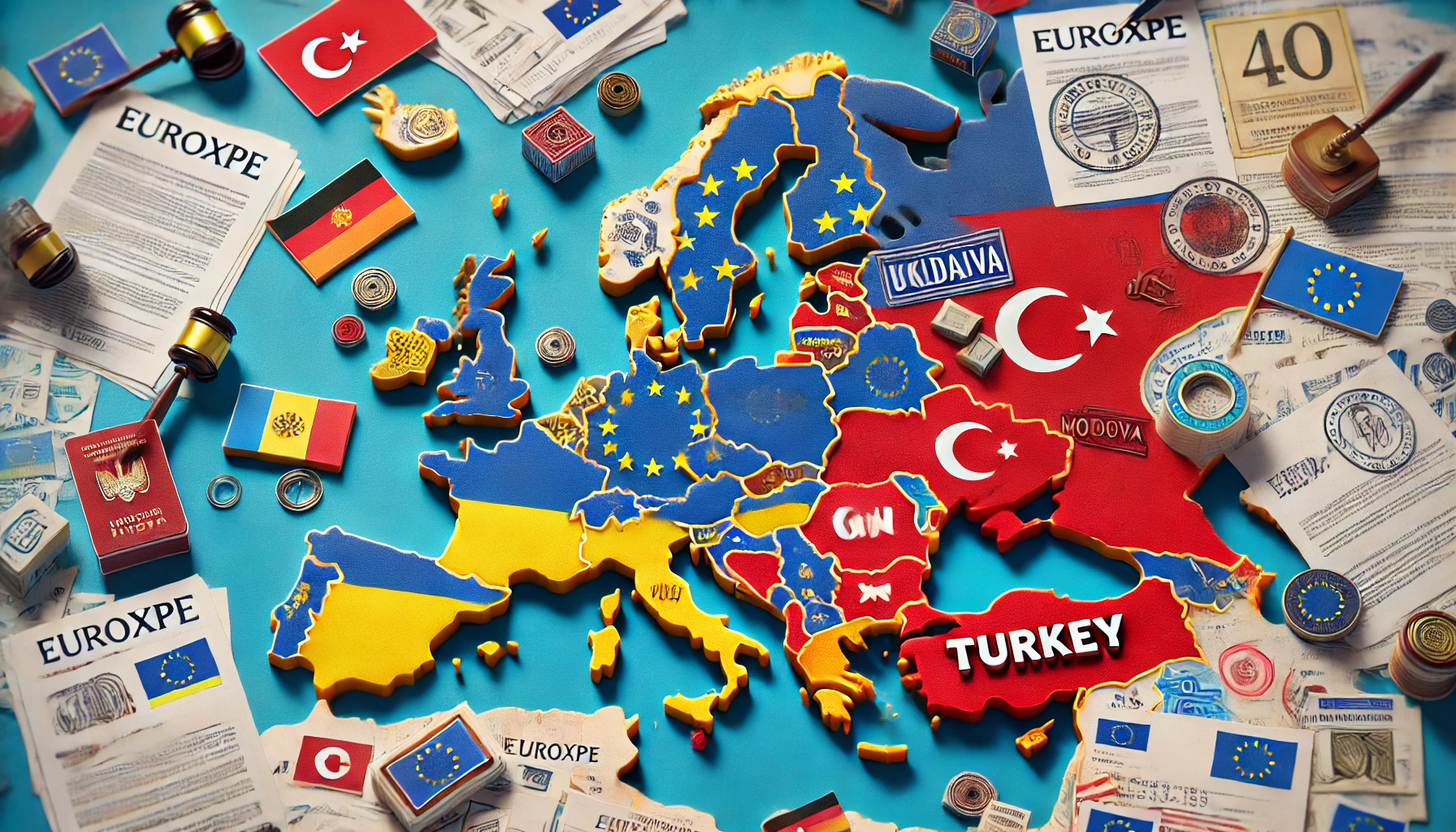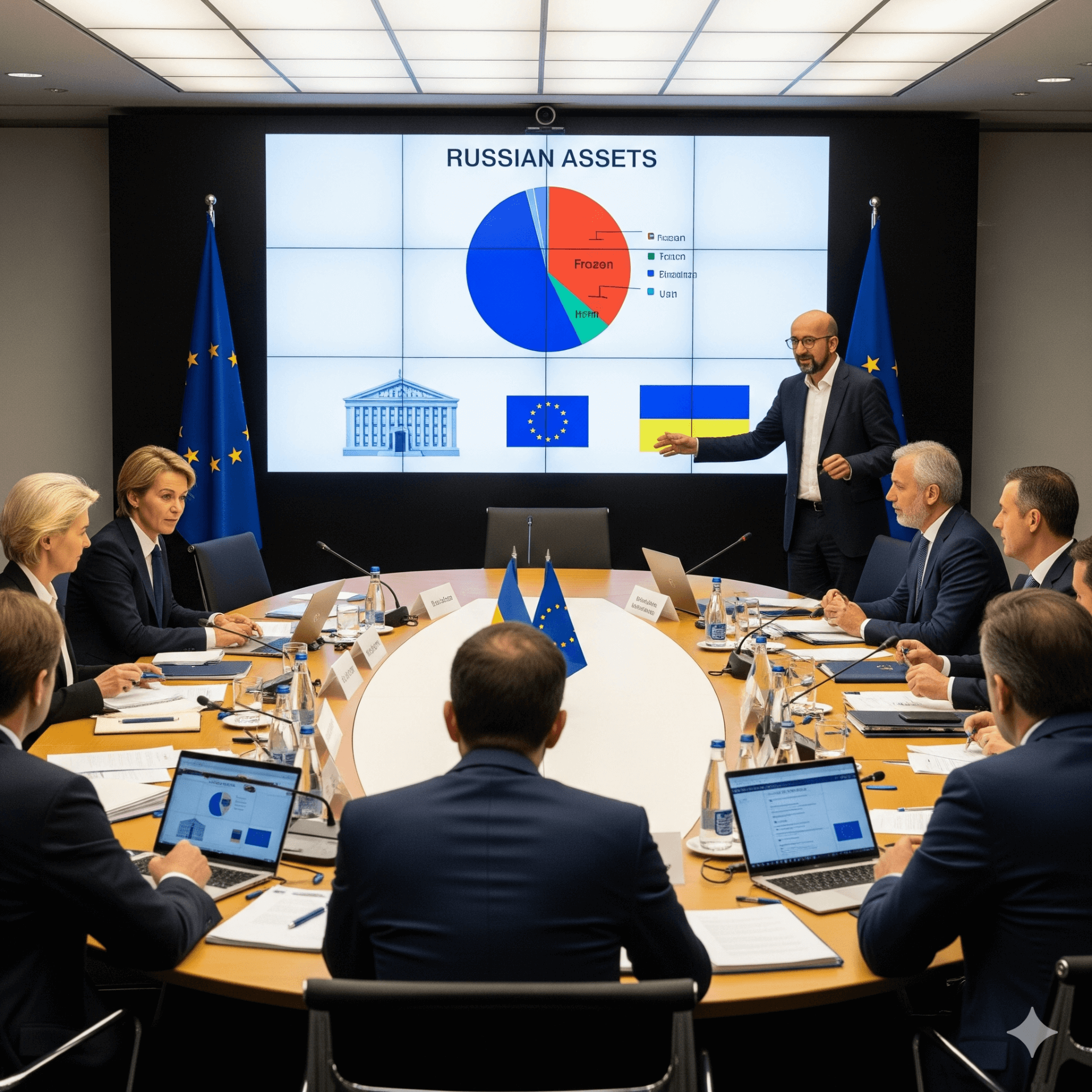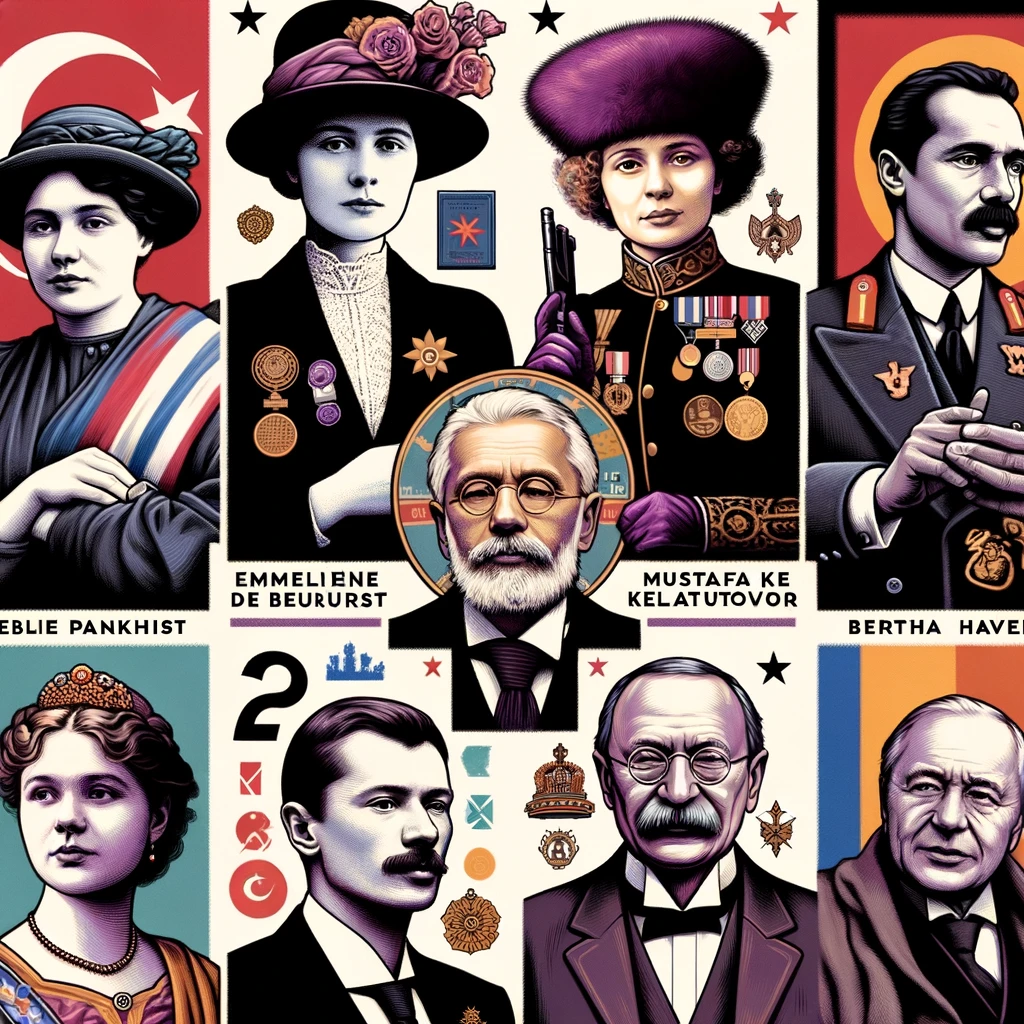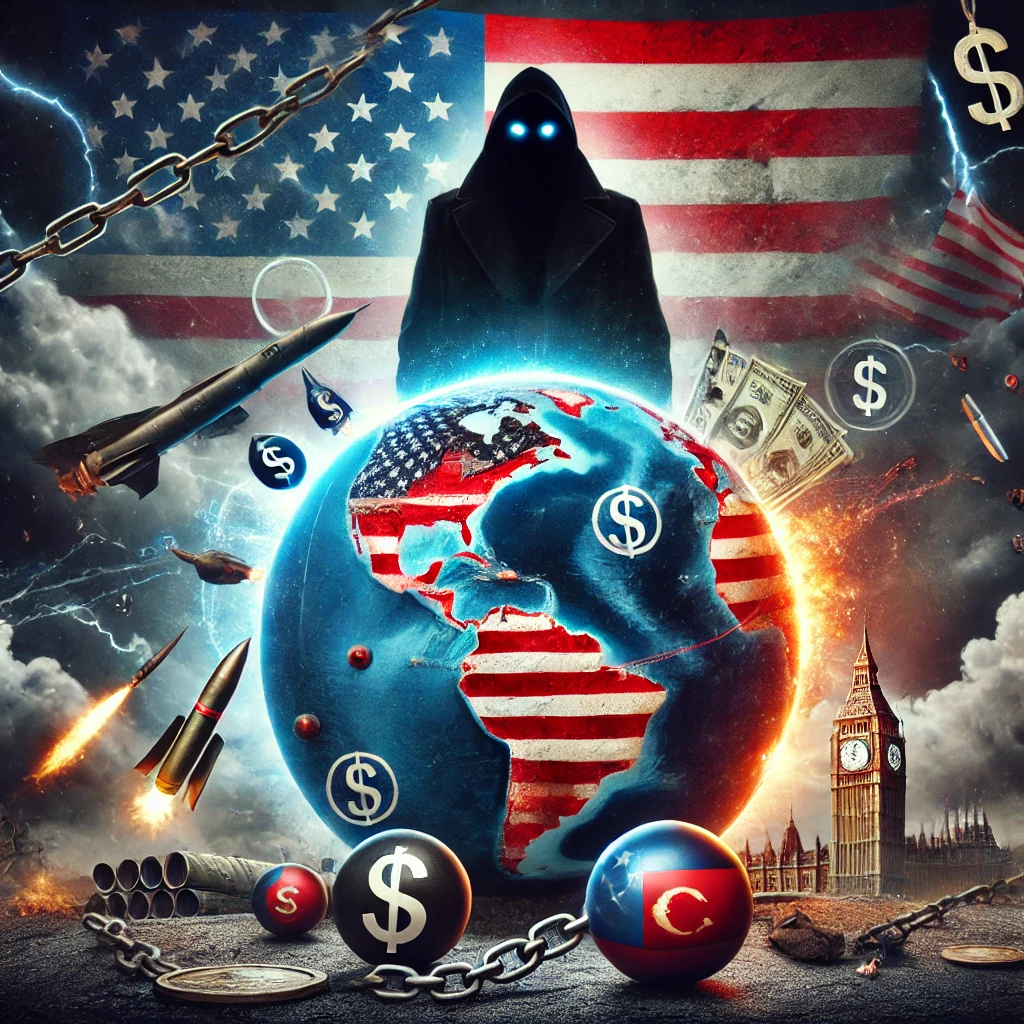Women remain conspicuously absent from the high-level political negotiations aimed at resolving some of the world’s most pressing crises. Despite their significant contributions and unique perspectives, their exclusion continues to hamper efforts for lasting peace.
In Jeddah, Saudi Arabia, where negotiations to end Sudan’s brutal conflict are ongoing, no women are involved. This exclusion is echoed in the Doha agreement on Afghanistan, where women have been consistently marginalized in discussions about the country’s future. Similarly, negotiations concerning the fate of Gaza and Palestine and the release of Israeli hostages predominantly involve men from the United States, Saudi Arabia, Egypt, Qatar, Israel, and occasionally Palestine. In Haiti, only one woman has been included in a new transitional council.
The United States should be championing the inclusion of women in these talks. The Biden administration, actively engaged in these negotiations, has a formal strategy to support the meaningful participation of women in decision-making processes related to conflict and crises. However, it remains unclear if the U.S. is truly advocating for women’s inclusion at these negotiation tables.
UN Women states that peace agreements are 35 percent more likely to last 15 years or more if women participate. This statistic underscores the strategic importance of including women, beyond the imperative of gender equality, as it significantly enhances the prospects for sustainable peace.
Women in Sudan are experiencing severe atrocities. Since war erupted over a year ago between the country’s two main generals, women have been subjected to killings, rapes, enslavement, forced marriages—including child marriages—and denial of essential aid. In Darfur, Massalit women and their families are targeted, killed, sexually assaulted, forcibly displaced, and driven from their homes due to their ethnicity. Despite enduring these horrors, Sudanese women have been excluded from all political processes related to this conflict. The Jeddah process of 2023, sponsored by the U.S. and Saudi Arabia, aimed at bringing warring factions together, notably excluded civilians, including Sudanese women leaders.
The glaring omission of Sudanese women from these discussions is particularly egregious given their relentless activism against the war. These women have been vocal in condemning widespread violations and responding to civilian needs, with deep insights into the conflict’s dynamics. Yet, other high-level talks by the African Union, the Intergovernmental Authority on Development (IGAD), and Sudan’s neighbors have similarly restricted women to mere observatory roles in a predominantly male-dominated sphere of negotiators.
Despite limited resources and attention, Sudanese women’s groups have formed coalitions to directly address their exclusion with the UN and the African Union, striving to secure a seat at the negotiation table. The U.S. must ensure Sudanese women are included in any new Jeddah talks and provide resources for women’s rights groups.
The exclusion of women is also evident in Afghanistan. The U.S. left women’s rights out of its negotiations with the Taliban after 20 years of military operations and investments in women’s rights. The final Doha agreement of 2020, which facilitated the U.S. withdrawal from Afghanistan, did not mention women. Shaharzad Akbar, former head of Afghanistan’s human rights commission, highlighted that she warned U.S. officials about the dangers of excluding Afghan women but was ignored. The Taliban, unsurprisingly, began dismantling the rights of women and girls immediately after the U.S. withdrawal, banning them from employment, education, and freedom of movement.
Heather Barr, a Human Rights Watch colleague, noted the grim consequences of excluding women from political engagements: “When diplomats ‘engage,’ the focus is often on counter-terrorism, counter-narcotics, business deals, or hostage returns. Despite Afghan women signaling and appealing otherwise, their rights protection agenda rarely makes it onto the priority list of diplomats.” This exclusion persists, as evidenced by recent special envoy meetings on Afghanistan where Afghan women were again largely excluded.
In Haiti, women and girls face rampant sexual violence and disproportionate impacts from the ongoing violence, limiting their access to essential services. Despite calls from Haitian feminist organisations for at least 30 percent female participation in the new transitional government, only one woman, Régine Abraham, serves as a non-voting observer on the nine-member transitional presidential council.
Finally, the future of Gaza and Palestine, along with the release of Israeli hostages, is being decided entirely by men. Despite significant impacts on women, negotiations involve no senior women officials from Israel, the U.S., or the Arab countries engaged.
The U.S. must follow its legislative commitments and insist on women’s participation in all high-level political negotiations. The Biden administration can set an example by appointing women to diplomatic teams engaging with Sudanese factions, Haiti’s transitional government, the Taliban, and parties involved in Gaza dialogues. Women must not be an afterthought in these crucial discussions—they are essential for achieving sustainable peace and stability.
